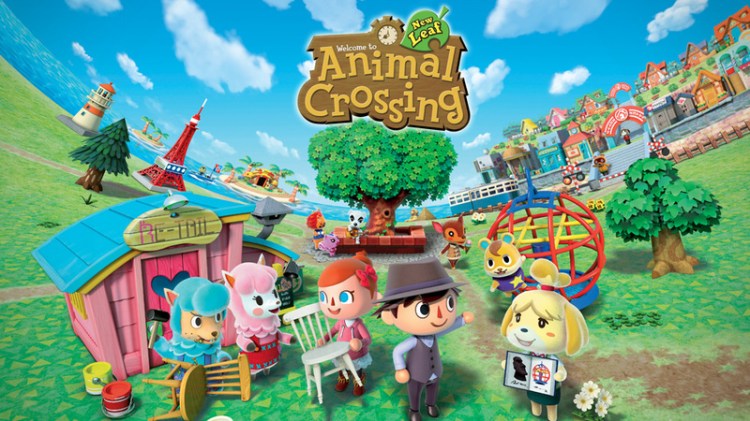SAN FRANCISCO — When the Nintendo DS’s Animal Crossing: Wild World sold “10 times better” than the GameCube version in 2005, Nintendo’s Entertainment Analysis and Development team thought they could accomplish much the same with a Wii version.
They were wrong.
“We were too afraid to consider changing the formula. As a result, we mistakenly stayed the course with [Animal Crossing: City Folk], even though this was the time to make changes,” Animal Crossing: New Leaf project lead Aya Kyogoku admitted during a Game Developers Conference 2014 discussion Wednesday.
The Wii version received mixed reviews from critics, many of whom criticized it for feeling stale and formulaic. It would go on to sell 3.38 million copies worldwide by early 2009, but EAD felt that it was time for a change.
In discussing how EAD tackled that challenge for the Nintendo 3DS’s Animal Crossing: New Leaf, Kyogoku shed some light on how Nintendo prefers to refresh franchises that have fallen out of favor with fans and critics. Though it didn’t completely reboot the series, an effort was made to “return to Animal Crossing’s” roots and find new ways to build on its core appeal.
Ultimately, EAD uncovered a core concept that Kyogoku summed up in one phrase: “Animal Crossing is a communication tool.”
That idea can take many forms. Because life in Animal Crossing is fictitious, Kyogoku explained, it’s easier to invite a friend over to visit or buy them a perfect gift. Through the shared interest that follows, real-life communication opportunities eventually arise.
“In that sense, I think communication in Animal Crossing can help harmonize communication with people in the real world,” Kyogoku said.
To “plant the new seeds of communication,” as Kyogoku put it in Animal Crossing: New Leaf, EAD made it a point to take advantage of social media as much as possible. That meant making it possible to upload screenshots to Twitter and Facebook and share around clothing and wallpaper patterns. EAD also took advantage of the Miiverse with contests utilizing the Art Academy Sketchpad.
“By linking the various services, we gave players various opportunities to enjoy Animal Crossing even outside the game itself,” Kyogoku explained.
The approach has thus far paid off. Animal Crossing: New Leaf was met with a wave of strong reviews upon its release last year. It has gone on to sell some 7.38 million copies — more than double what City Folk managed over the same time period.
With the success of New Leaf, Kyogoku feels Animal Crossing’s footing is much more secure.
“I believe that redefining the core was good for Animal Crossing: New Leaf,” she concluded, “and benefited the Animal Crossing franchise as a whole.”
VentureBeat's mission is to be a digital town square for technical decision-makers to gain knowledge about transformative enterprise technology and transact. Learn More

